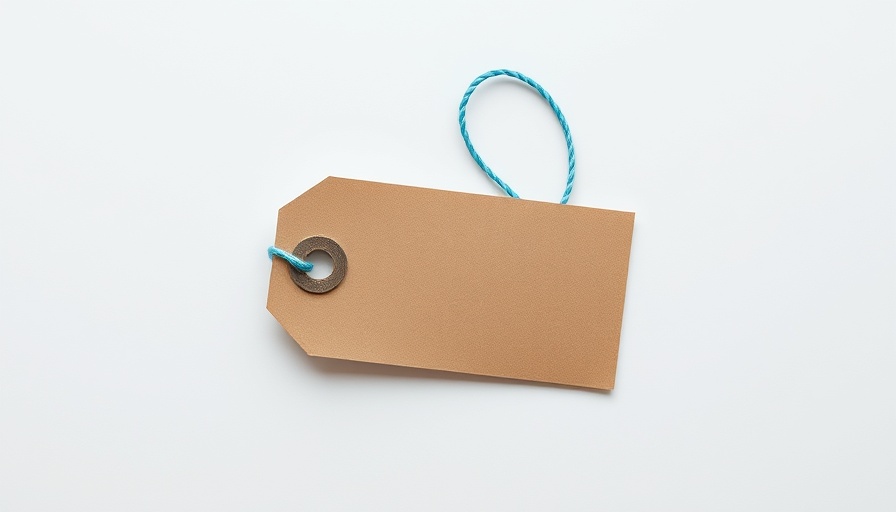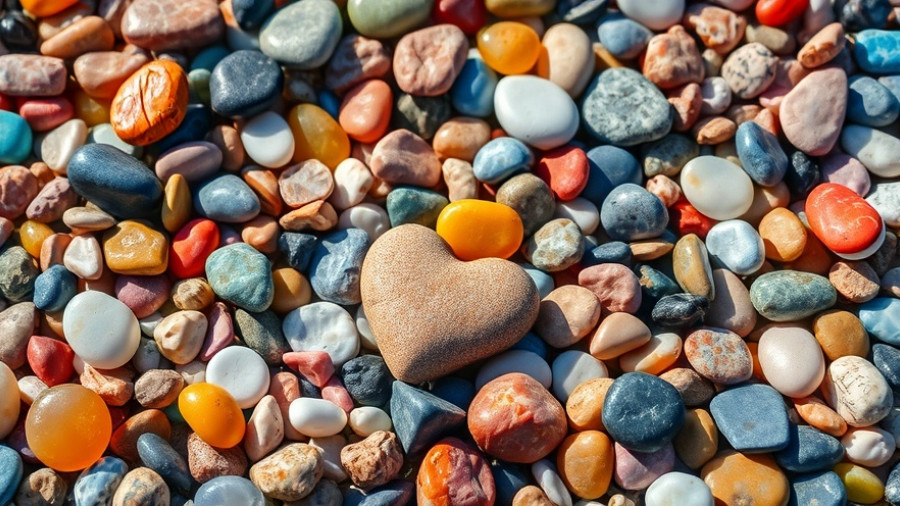
Understanding the Weight of Labels
Labels can often feel like chains, weighing us down and restricting our identity. In many aspects of life—from school environments to workplaces—people are categorized by their situations, illnesses, or societal roles. This can be particularly evident among vulnerable populations such as youths, women, and families struggling with poverty or mental health challenges.
The Labels We Wear
As we navigate life, we encounter labels that define us. Whether it's being seen as a 'victim' of circumstances or labeled by our mental health challenges, these tags can overshadow our true selves. For example, the stress many young individuals face may lead them to feel trapped in a narrative surrounding youth crime or mental health issues, which can hinder their growth and self-efficacy.
Leaving Labels Behind: A Path to Resilience
There is immense power in choosing to detach from these labels. Mindfulness and meditation present opportunities for individuals to rediscover their identities beyond societal definitions. These practices foster greater self-awareness, which can lead to resilience and improve mental health. As people learn to recognize their thoughts and feelings without judgment, they can shift their mindset from 'I am this label' to 'I am more than this.'
Why This Matters for Our Youth
In South Africa, youth face significant pressures that often lead them to internalize negative labels. Stress reduction through techniques like therapy and mindfulness can empower them to break free from the stereotypes. Programs aimed at improving self-efficacy among youths can give them tools to redefine their narratives, emphasizing that they are not merely products of their environment but have the capacity to influence their own futures.
Practical Steps to Letting Go of Labels
1. **Mindfulness Practice:** Engage in daily mindfulness or meditation practices to center your thoughts and foster self-acceptance. This can be as simple as taking five minutes to breathe deeply or reflecting on your feelings.
2. **Therapeutic Interventions:** Seeking therapy can help unpack the impact of labels in your life. Speaking with a professional about your experiences can provide clarity and a new perspective.
3. **Community Support:** Finding groups that share similar experiences can reinforce that you are not alone. In South Africa, local resources often foster communities that support mental health and resilience.
Inspiration Through Action
Many community initiatives in South Africa highlight stories of individuals overcoming their labels. By showcasing success stories, these programs instill hope and emphasize that change is possible. More importantly, they show the youth that they can thrive even when society tries to pin labels on them.
Final Thoughts: An Invitation to Change
Letting go of labels is an act of self-liberation and an invitation for all to embrace their multifaceted identities. As we embark on this journey together, we must encourage those around us, especially the younger generations, to seek their true selves rather than conform to the confines of societal expectations.
**Call to Action:** Explore mindfulness and resilience-building activities in your community, and consider sharing your journey towards letting go of labels. Together, we can foster an environment of understanding and acceptance.
 Add Row
Add Row  Add
Add 




Write A Comment